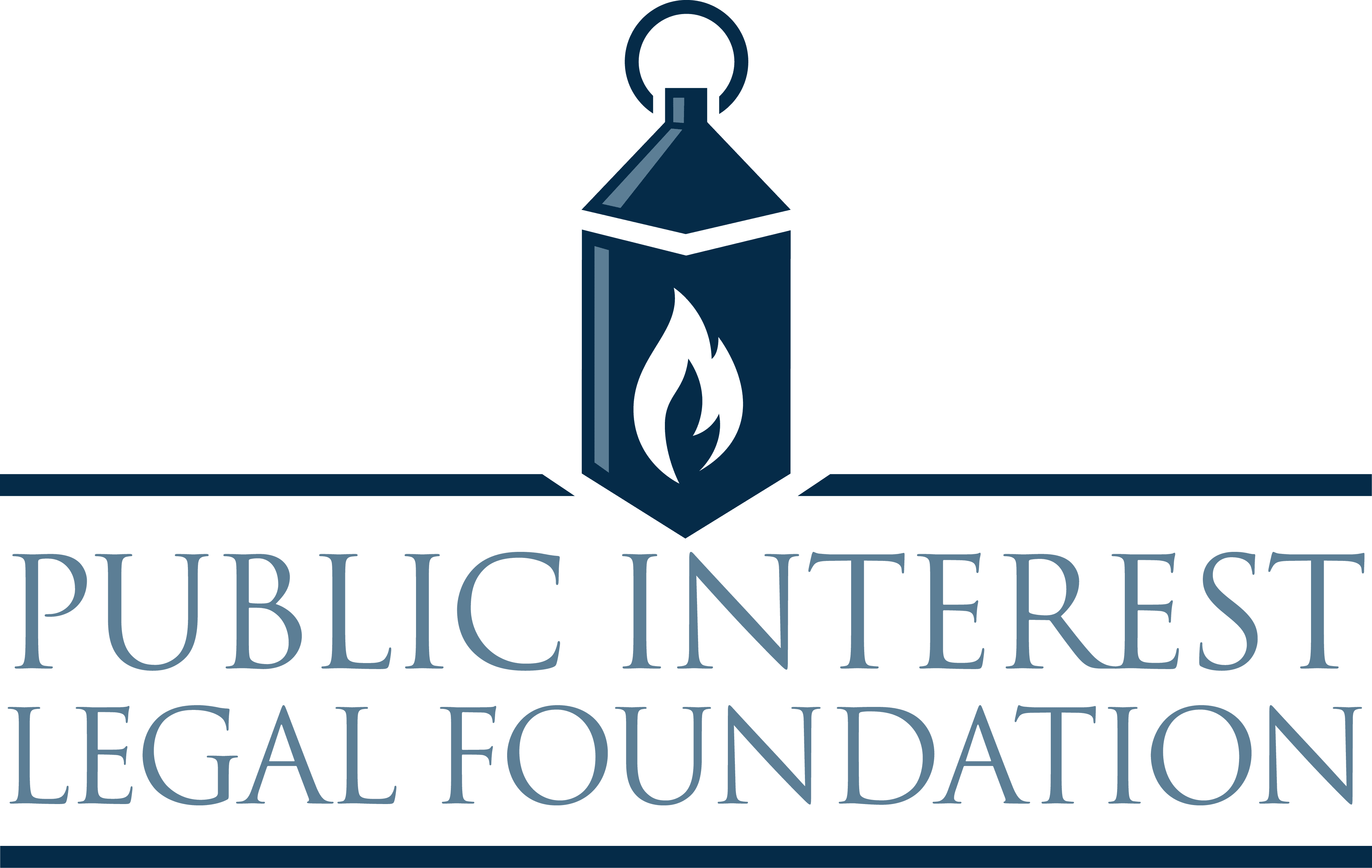At stake is the right to study voter rolls and speak about errors in election administration
(Boston, MA) – October 5, 2023: Today, the Public Interest Legal Foundation (PILF) argued before the First Circuit Court of Appeals in its case against Maine Secretary of State, Shenna Bellows. This case implicates significant issues of press freedom, the First Amendment, and transparent elections. At issue is Maine’s penalties for speaking about public records.
BACKGROUND:
PILF sued to obtain a copy of the voter roll and to challenge the state’s use restrictions that prohibit using Maine’s voter roll as a resource to study other state’s voter rolls and the discussion of specific errors found. In March of 2023, the United States District Court ruled in PILF’s favor that the National Voter Registration Act of 1993 (NVRA) prohibited the state’s use restrictions on the voter roll. Secretary of State Bellows appealed the ruling.
HIGHLIGHTS FROM ORAL ARGUMENTS:
Under the NVRA, the public has a right to inspect the voter roll and other voter list maintenance documents.
PILF ATTORNEY, NOEL JOHNSON: “Congress believed that accurate voter rolls were so vital to the proper functioning of a democracy that it made all records subject to public disclosure when it comes to voter list maintenance and registration.”
JOHNSON: “In the simplest terms, Maine’s voter file is the end product of all of Maine’s voter list maintenance activities. Congress used the word concerns in the statute and Maine’s voter file squarely concerns its list maintenance activities.”
All previous courts have ruled that the voter roll is a public record.
JOHNSON: “Maine is challenging the threshold issue that the voter file is within the scope of the NVRA, and I think that’s an easy question. Every court to have addressed that question has answered that question yes. And that’s because the words of the statute compel that answer.”
Maine’s use and speech restrictions on the voter roll are obstacles to achieving Congress’ intent for transparency and accountability.
JOHNSON: “Congress designed the NVRA to make voter registration and list maintenance transparent, and Maine is thwarting Congress’s design. They are preventing criticism and speech.”
JOHNSON: “Congress mandated complete transparency when it comes to list maintenance records.”
Maine is standing in the way of transparency and trying to sanction those who discover that officials aren’t doing an effective job in running elections.
JOHNSON: “Maine is thwarting Congress’s objectives and punishing and silencing its critics.”
Maine’s use and speech restrictions would have prevented the exposure of unlawful actions by a registrar who rejected voter registration applications by students attending an HBCU.
JOHNSON: “By way of example on why bans on speech and dissemination can harm the right to vote is found in the Fourth Circuit’s decision in Project Vote. There, plaintiffs sought copies of rejected applications submitted by students at a Historically Black College. If Virginia had a dissemination ban—it would have been illegal for Project Vote to share those students’ names with a broader audience to help get them re-registered. It would have been illegal to publish copies of the registration forms to show that the registrar acted unlawfully.”
The First Circuit Court of Appeals should affirm PILF’s win in the lower court.
JOHNSON: “The District Court’s conclusion is faithful to the text of the statute and the District Court committed no errors when it read the statute to mean what it says.”
The full recording of the argument is available here.
“Today, we were in court fighting for transparency in our elections,” said PILF President, J. Christian Adams. “Maine has passed a law allowing the government to silence individuals from criticizing election officials. This case will have far-reaching consequences for clean elections and the ability of voters to hold their election officials accountable.”
Prior case filings in Public Interest Legal Foundation v. Shenna Bellows and documents can be found here. A factsheet breaking down the facts of the case is here.
The attorneys for the Public Interest Legal Foundation in this case are Noel H. Johnson and Kaylan L. Phillips.
Previously, the Foundation has fought and won access to the voter roll in Maryland and Illinois.
Public Interest Legal Foundation (PILF) is the nation’s only public interest law firm dedicated wholly to election integrity. The Foundation exists to assist states and others to aid the cause of election integrity and fight against lawlessness in American elections. Drawing on numerous experts in the field, PILF seeks to protect the right to vote and preserve the Constitutional framework of American elections. PILF has brought lawsuits and won victories in Texas, Mississippi, North Carolina, Virginia, Maryland, Pennsylvania, Michigan, and across the United States.
###
For media inquiries, please reach out to Lbowman@publicinterestlegal.org

